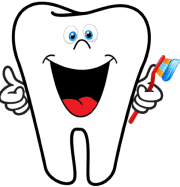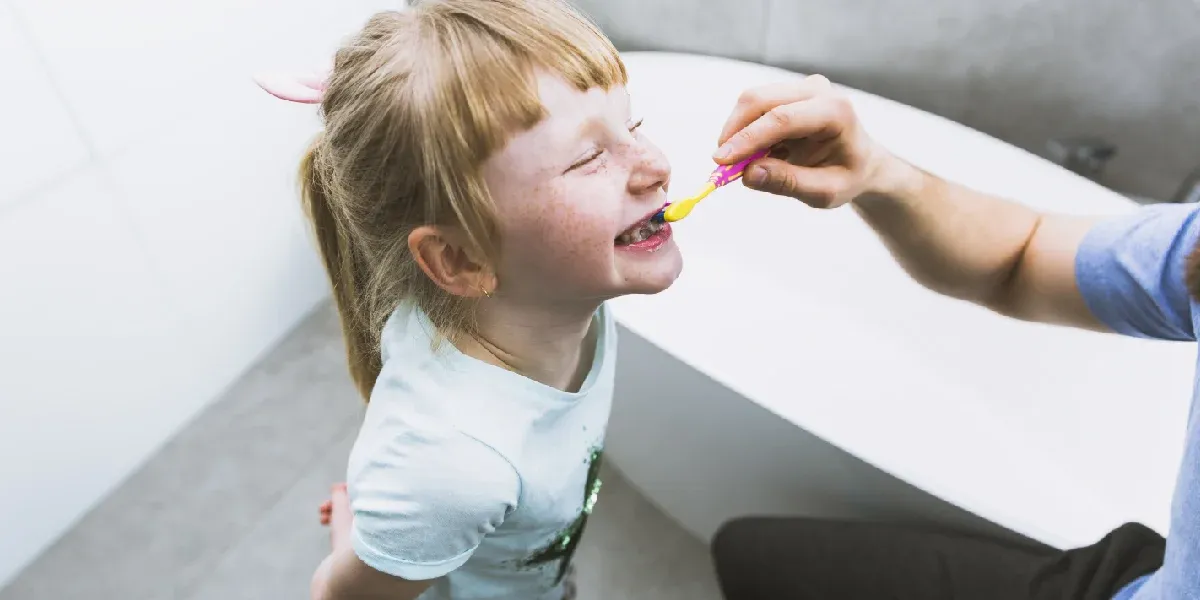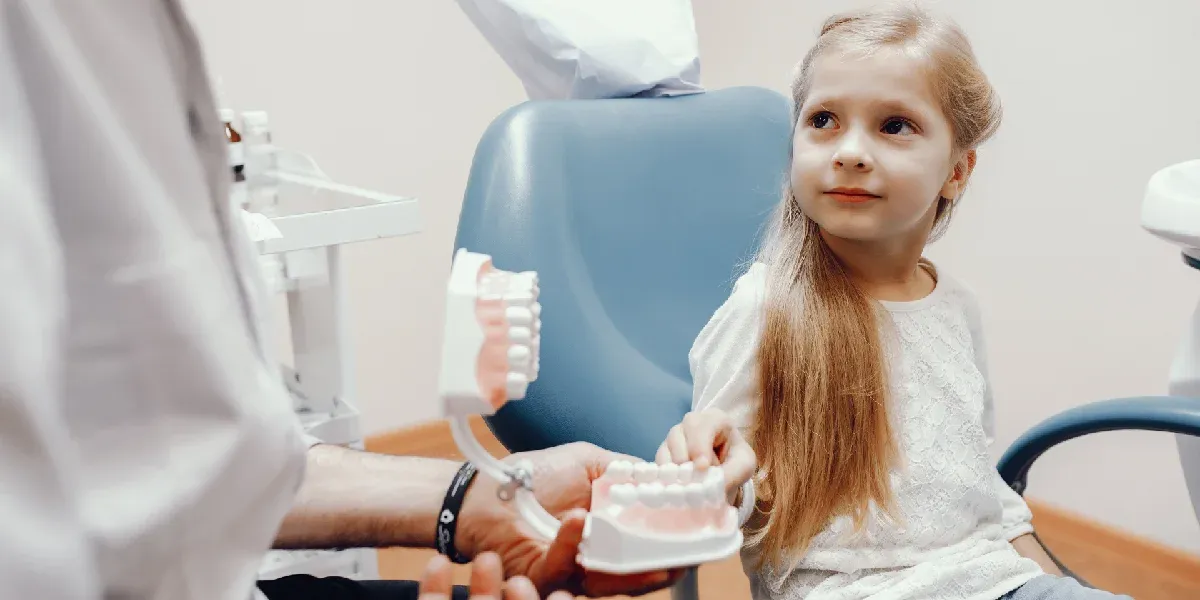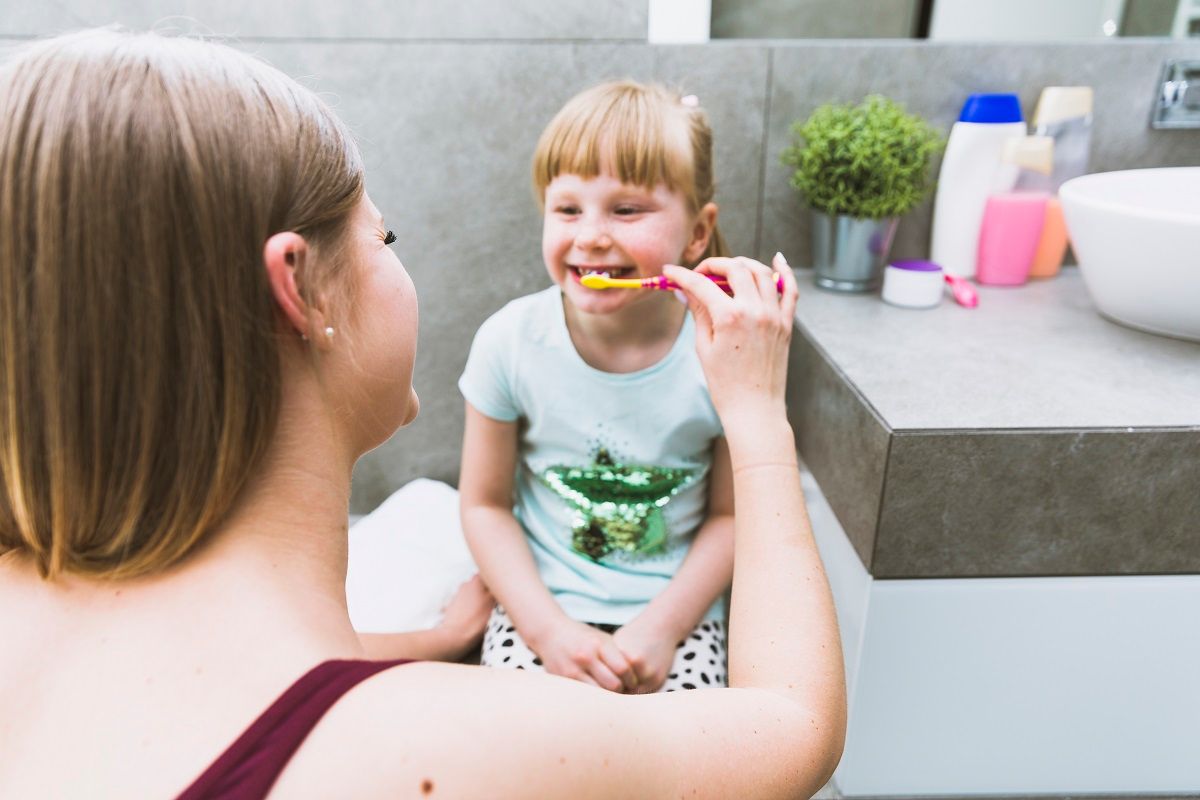
What is the Importance of Infant Oral Health Care?
The initial years of a child's life are critical for their overall health and well-being. While most parents prioritize feeding and diapering their infants, oral health care often takes a back seat. However, neglecting oral health care can lead to long-term consequences.
As a parent, wanting the best for your child is natural. You want to ensure their health and well-being are a top priority from the moment they are born. Many parents assume that baby teeth don't matter because they will eventually fall out, but that couldn't be further from the truth.
In this fast-paced world, it's easy to overlook the importance of infant oral health care. With so many demands on our time, dental care can often take a backseat to other, more pressing matters. However, it's important to remember that investing in your child's oral health early on can have significant long-term benefits.
Not only can it help prevent tooth decay and other dental problems, but it can also save you money and time in the long run. In this article, we'll discuss the importance of infant oral health care and provide tips to help parents ensure their child's oral health.
"Over 10% of infants under one have early childhood caries (tooth decay). Pediatric Dentists recommend that parents clean their baby's gums with a damp cloth after feedings, even before the first tooth appears".
What is Infant Oral Health Care?
Infant oral health care refers to the practices and habits that parents or caregivers should adopt to promote the oral health of infants and young children. It involves cleaning the gums and teeth, breastfeeding and bottle-feeding practices, limiting sugar and acidic foods, and taking the child to the dentist for regular checkups.
It is crucial for parents to start caring for their baby's oral health even before the first tooth appears and to continue these practices throughout childhood. Parents can set their children on a path toward a lifetime of good oral health by prioritizing infant oral health care.
Benefits of Infant Oral Health Care
Infant oral health care is an essential aspect of overall health care for young children. Here are some reasons why infant oral health care is so critical:
- Preventing Tooth Decay: Tooth decay is the most common chronic disease in children, and it can have severe consequences if left untreated. Poor oral health in infancy can lead to tooth decay and other problems in childhood and adulthood. By starting good oral health habits early, parents can prevent tooth decay and other oral health problems from developing in the future.
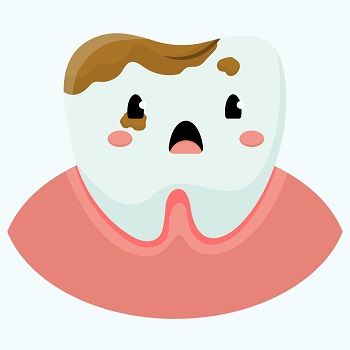
- Promoting Good Nutrition: Healthy teeth are essential for good nutrition. Good infant oral health care enables healthy teeth, allowing children to eat various foods, including nutritious fruits and vegetables. Tooth decay can make it difficult for children to eat certain foods, impacting their overall nutrition.
- Preventing Speech Problems: Oral health problems, such as missing or decayed teeth, can lead to speech problems in young children. By prioritizing infant oral health care, parents can ensure their child's teeth are healthy, preventing speech problems from developing in the future.
- Promoting Positive Self-Esteem: Good oral health encourages positive self-esteem; poor oral health can lead to embarrassment and low self-esteem. Parents can help their children develop positive self-esteem and self-image by promoting good oral health habits in infancy.
- Saving Money: Preventing oral health problems in infancy can save parents and caregivers money in the long run. Tooth decay and other oral health problems can be expensive, and preventative measures, such as regular dental checkups and good oral hygiene habits, are much more cost-effective.
Why Are Healthy Baby Teeth Essential for Health?
Healthy baby teeth are necessary for a child's overall health and well-being. Here we'll discuss some big reasons to invest in infant oral health care.
- Proper Nutrition: Baby teeth are necessary for chewing and biting food, which is critical for proper digestion and nutrient absorption. If a child has damaged or missing teeth, they may avoid certain types of food or be unable to chew them properly, leading to nutritional deficiencies.
- Speech Development: Children need healthy teeth to correctly pronounce sounds and form words. If baby teeth are missing or damaged, it can lead to speech problems.
- Maintaining Space: Baby teeth serve as space maintainers for permanent teeth. If a baby tooth is lost prematurely, it can lead to crowding and misalignment of permanent teeth.
- Building Confidence: Children with healthy teeth are likelier to smile, which can help build their confidence and self-esteem. On the other hand, children with damaged or missing teeth may feel self-conscious and avoid social situations.
How to Clean Your Child's Mouth?
Cleaning your child's mouth is essential to their oral hygiene routine. Good oral hygiene habits should start early, even before your child's first tooth appears. Here are some tips for cleaning your child's mouth:
- Use a Soft Washcloth: Before your child's teeth erupt, use a soft, damp washcloth to wipe their gums gently. It helps to remove bacteria and prevent the buildup of plaque.
- Brush with a Small Toothbrush: Once your child's first tooth appears, it's time to start brushing them. For this purpose, use a small toothbrush with soft bristles, and brush gently in circular motions. You only need a tiny smear of toothpaste until your child is three years old, and then you can increase the amount to a pea-sized dollop.
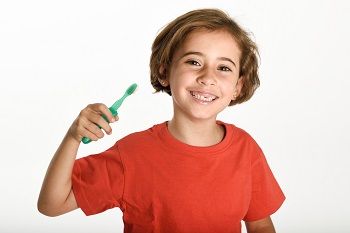
- Clean the Tongue: Remember to clean your child's tongue too. Use a toothbrush or tongue cleaner to remove any bacteria or debris gently.
- Floss: When your child has two teeth that touch, it's time to start flossing. Use a child-sized flosser or wrap the floss around your fingers and gently slide it between the teeth.
- Rinse with Water: Encourage your child to rinse their mouth after brushing and flossing. It helps to remove any remaining debris and freshen their breath.
Make cleaning your child's mouth a part of their daily routine, and supervise them until they are old enough to do it themselves. Regular dental checkups ensure your child's teeth and gums are healthy and developing correctly.
Things That Help Prevent Tooth Decay
Tooth decay in infants is a common problem that can lead to pain, infection, and other oral health problems. Fortunately, there are several things that parents and caregivers can do to prevent tooth decay in infants. Here are some tips:
- Start Early: Even before your baby's first tooth appears, clean their gums with a damp washcloth or gauze pad after feedings. It helps to remove bacteria and prevent the buildup of plaque.
- Avoid Putting Babies to Bed with Bottles: When babies fall asleep with bottles in their mouths, the milk or formula can pool around their teeth, leading to tooth decay. Try to wean your baby off bottles at around six months old, and avoid putting them to bed with bottles.
- Limit Sugary Foods and Drinks: Sugary drinks and foods can significantly contribute to tooth decay. Limit your baby's sugary foods and beverages, including fruit juice, which is high in sugar.
- Encourage Drinking Water: Water is the best drink for your baby's teeth. Encourage your baby to drink water after meals and snacks to help rinse away food particles.
- Brush with Fluoride Toothpaste: When your baby's first tooth appears, brush them with fluoride. Use a small amount of toothpaste (about the size of a grain of rice) until your child is three years old, and then you can increase the amount to a pea-sized dollop.
- Visit the Dentist: It's essential to take your baby to the dentist for regular checkups, even before their first birthday. A pediatric dentist can guide proper oral hygiene habits and monitor your baby's health.
Concluding Thoughts
Baby teeth are essential in a child's development, from proper nutrition to speech development and maintaining space for permanent teeth. Caring for your child's oral health isn't just about ensuring their baby teeth stay healthy; it's also about laying the foundation for good oral hygiene habits that will last a lifetime.
Caring for your infant's oral health is an important responsibility. Therefore, make efforts to care for your child's oral health needs and also consult a dentist.
Contact Stockton dentist for kids, Sajjad Rizvi DDS, at Happy Kids Dental to know the Importance of Infant Oral Health Care.
Resource:
How to Care for your Infant's Oral Health?
*This media/content or any other on this website does not prescribe, recommend, or prevent any treatment or procedure. Therefore, we highly recommend that you get the advice of a qualified dentist or other medical practitioners regarding your specific dental condition*
Subscribe To Our Newsletter
Get Updates And Learn From The Best
